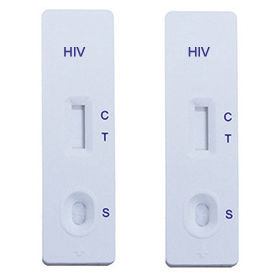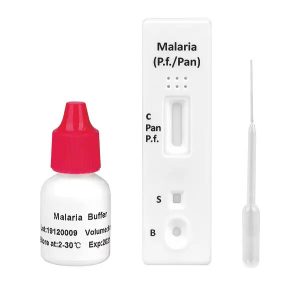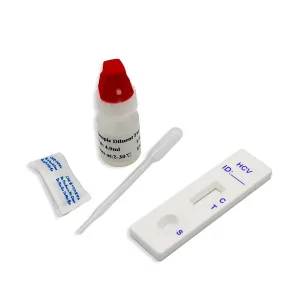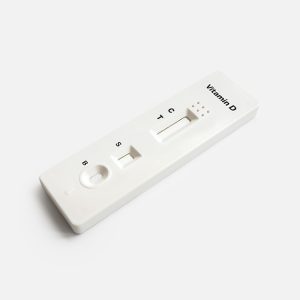Description
Rapid IgE Test – Fast and Reliable Detection of Immunoglobulin E Levels
The Rapid IgE Test is an advanced point-of-care diagnostic tool designed for the quick detection and semi-quantitative measurement of Immunoglobulin E (IgE) levels in human samples such as whole blood, serum, or plasma. This test is especially useful in the evaluation of allergic conditions and helps guide clinical decision-making in both primary care and specialized allergy settings.
Key Features:
- Fast Turnaround: Provides results within minutes, enabling immediate assessment and timely management of allergic responses.
- High Sensitivity and Specificity: Engineered to accurately detect IgE antibodies, minimizing the risk of false results.
- User-Friendly: Simple, step-by-step procedure that requires minimal training, making it suitable for use in clinics, emergency departments, and field settings.
- Portability: Compact and lightweight design allows for use in a variety of settings, including remote and resource-limited environments.
- Cost-Effective: An affordable solution for routine allergy screening and monitoring, promoting proactive patient care.
How It Works:
The test employs lateral flow immunochromatographic technology to detect IgE antibodies:
- Sample Application: A small volume of blood, serum, or plasma is applied to the sample pad of the test device.
- Migration and Reaction: As the sample migrates along the nitrocellulose membrane, it mixes with labeled detection antibodies that are specific for IgE. These antibodies form complexes with any IgE present in the sample.
- Visual Readout: The complexes are captured at the test line, resulting in a visible band that indicates the presence of IgE. A separate control line confirms the proper flow and validity of the test.
- Interpretation: Results can be visually assessed or measured with a portable reader for a semi-quantitative evaluation, providing useful information regarding the level of IgE.
Applications:
- Allergy Diagnosis: Facilitates the identification of allergic conditions such as food allergies, respiratory allergies, and atopic dermatitis by measuring elevated IgE levels.
- Monitoring Treatment: Useful for monitoring patient response to allergy treatments, such as immunotherapy.
- Epidemiological Studies: Supports population-based studies and public health initiatives by providing rapid and accessible screening for IgE-related conditions.
- Point-of-Care Testing: Ideal for decentralized testing in clinics, emergency settings, and remote areas where quick diagnosis is critical.







Avis
Il n’y a pas encore d’avis.